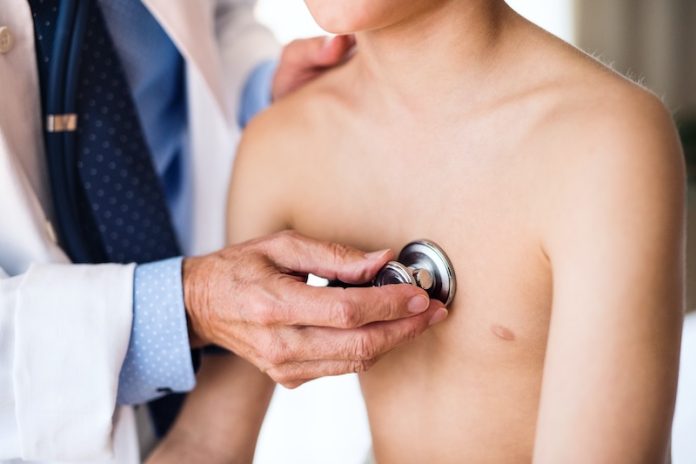
In a significant advancement in pediatric cardiac science, Canadian researchers have achieved a breakthrough by developing a bio-ink that holds the potential to be used for 3D printing functional and durable heart valves.
This discovery brings hope for improving the prognosis of children born with heart defects.
The breakthrough was made at the CHU Sainte-Justine Research Center by Université de Montréal Assistant Medical Professor Houman Savoji and his Ph.D. student Arman Jafari. Their remarkable findings have been published in the journal Advanced Functional Materials.
This achievement leverages tissue engineering, a technique that combines biomaterials with cells to create living tissues and organs.
Unlike mechanical heart valves, engineered biomimetic valves have the potential to develop and grow alongside the recipients.
In the future, these tissues and organs could be manufactured using a 3D printer, using the right bio-ink, such as the one developed by Savoji and his team.
Savoji explained, “My team has demonstrated that an ink composed of polyvinyl alcohol, gelatin, and k-carrageenan can be used to 3D print heart valves that open and close correctly.
These valves exhibit in-vitro and in-vivo biocompatibility and anti-thrombogenic properties. They perform effectively in a physiological environment similar to that of the human body, both in adult and children’s sizes.”
This innovative compound also provides a supportive structure, known as a “scaffold,” in which stem cells could potentially grow until they are eventually replaced by fully living tissue.
Furthermore, laboratory tests revealed that these 3D-printed valves produced fewer adverse effects compared to mechanical or animal valves currently used in patients.
Jafari emphasized, “These findings suggest that our valves may be associated with a lower risk of complications than those currently employed in transplants.
Additionally, since these are biomimetic artificial tissues, they can potentially grow with a transplanted child, reducing the need for repeated surgeries.”
In the coming years, the researchers plan to continue their work through in vivo trials, with the ultimate goal of making this technology available for use in real-life surgical settings.
This promising development offers new possibilities for treating pediatric patients with congenital heart defects, potentially revolutionizing the way heart valves are replaced in the future.
If you care about heart health, please read studies about Scientists find a surprising link between alcohol drinking and heart health and findings of Both blood pressure numbers can predict heart disease risk.
If you care about nutrition, please read studies about the best time to take vitamins to prevent heart disease, and vitamin D supplements strongly reduce cancer death.
The research findings can be found in Advanced Functional Materials.
Copyright © 2023 Knowridge Science Report. All rights reserved.



